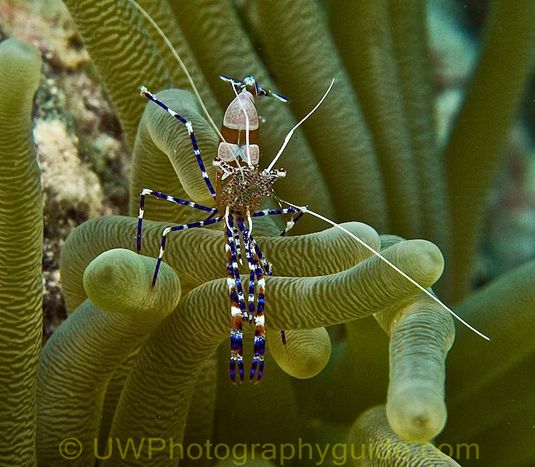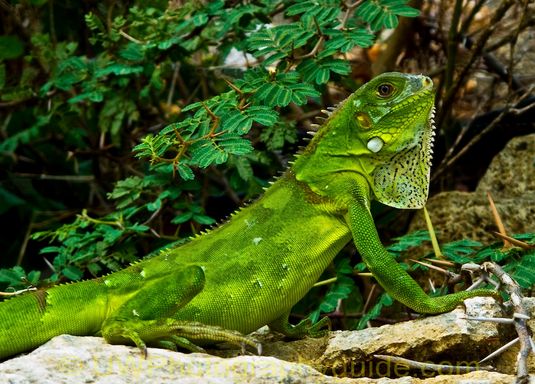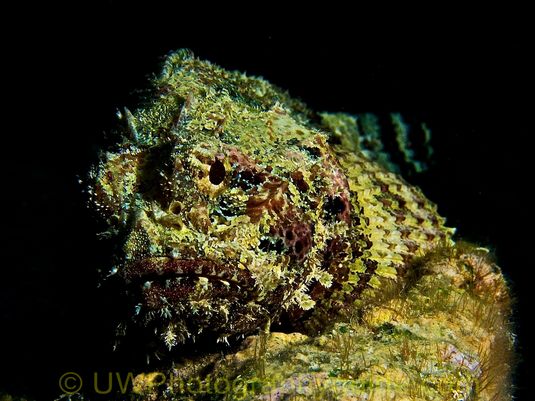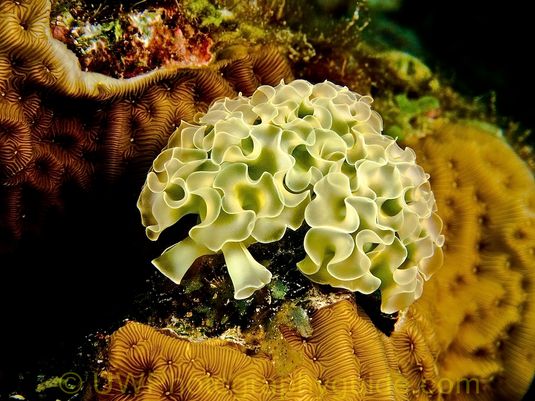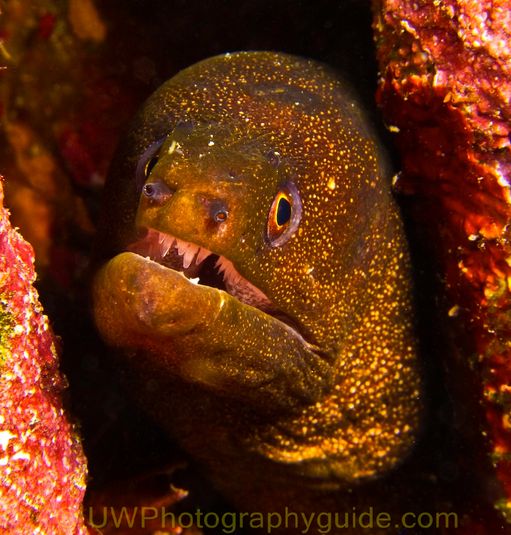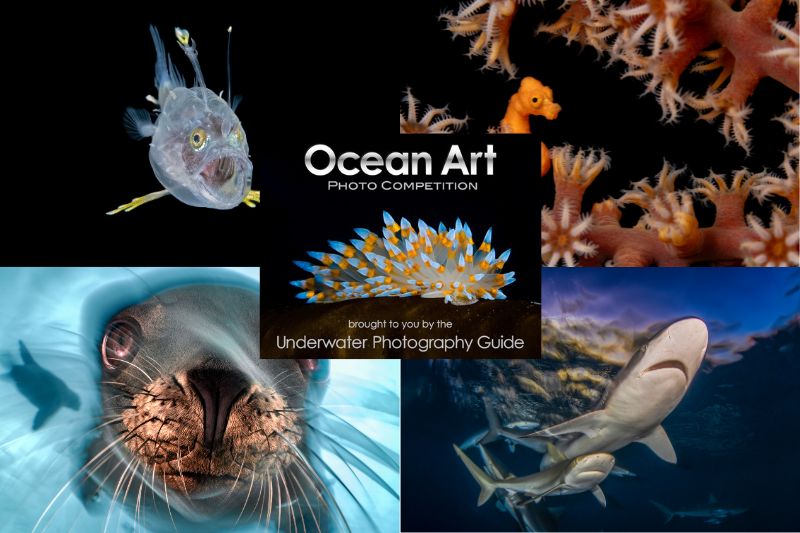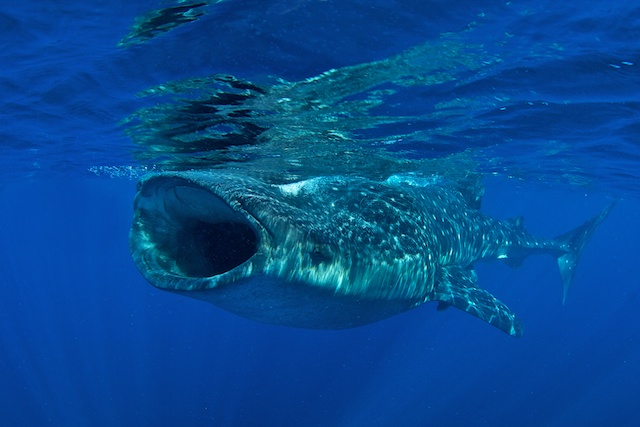Underwater Photography Tutorial – Canon G11, G12
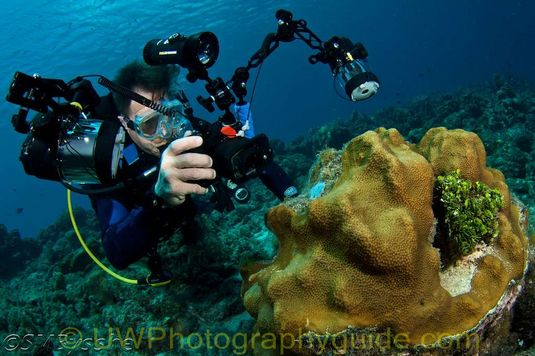
When you start your retirement by moving to a Caribbean island, friends tend to find you.
Two friends from the States who are also good diving buddies have wanted to upgrade their underwater photography equipment for a while.
So for the last six months they researched what to buy to replace their old Nikonos Vs. They chose not to house their digital SLRs and wanted an “easy travel system”. I have to say I was a little envious when they got off the plane in sunny Curacao with camera, strobes, housing and accessories all in a neat carry on backpack.
The underwater system:
Camera: Canon G11. Everything in this article also applies to the Canon G12. Canon simply added 720hp video to the Canon G11, and a new control dial.
Dual Sea & Sea YS 110a strobes, fiber optic cables
Fix Fisheye G11 housing, now available as the Recsea Canon G11/G12 housing
Fisheye Wide angle conversion lens.
Fisheye easy close up wet mount diopters (2)
Ultralight Tray and arms.
The set up was fairly straightforward and we tested the systems that night in the pool to make sure everything was in working order and to try and learn the controls.
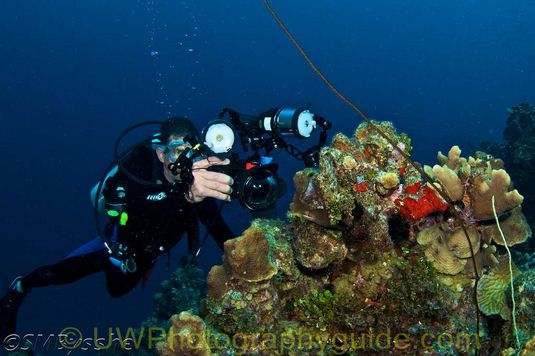
Wide Angle Port on the Canon G11.
photo taken with: Nikon D2x Tokina 10-17mm fisheye
Macro set up on the G11
photo: Nikon D2x Tokina 10-17mm
The G11 booklet was not particularly user friendly, but you could say that about a lot of camera instruction booklets. We chose for the settings to be completely based on manual controls. M2 (no pre flash) for the Ys 110s. The camera flash was set on its lowest power. Also when set on macro for close ups and using the diopters you do have to zoom in a little to avoid vignetting from the diopter frames. Further, when shooting with the dry mount wide angle port the camera should be set on macro.
In short my friends basically followed the shooting parameters set out in the UWPG article: /canon-s90-g11-underwater-settings
All shots were in RAW, and Auto white balance.
Wide angle: A Shutter Speed of 1/125th gave a nice blue to the water at 40 -60 feet. Adjust as needed to change the “blueness”. F 5.6. Strobes were usually more to the full power end of the dial.
Macro: Shutter speed 1/250-1/500. F8 and adjust. Strobes at low power and work up as needed.
Spotted Coral Shrimp F8 1/1500th ISO 100 2 diopters
Iguana F4.5 1/80th ISO 100
Scorpion fish F8 1/500th ISO 100
Lettuce Sea Slug F8 1/500th ISO 100 2 diopters
Golden Tail Moray F8 1/500th ISO 100
After some twelve dives including night dives I think both friends were pleased with their choice of systems. As a side note they did have one flash that flooded but because of the well designed battery compartment the flash was easily rinsed, dried and immediately put back in service. It may not be a housed DSLR, but there is a lot of sophistication in the system. So expect a learning curve before really concentrating on photography.
Some observations from the sidelines:
1) Focusing seemed to be the biggest hassle, especially in macro. They tried Auto and Servo modes but never got really comfortable with the “live view” unless the subject was stationary or really slow moving. They did not try changing the screen focusing cursor to allow for more off center composition.
2) The wet macro diopters seemed a bit flimsy but gave pretty good results when accurate focusing was obtained. Watch out for vignetting.
3) The Wide angle port, I think gave very nice results. This has great potential.
4) The flash system worked very well and changing flash output quickly got to be second nature. Also, with dual strobes both guys readily saw the possibilities of creative lighting. However flash positioning takes practice and some thought for every shot. (True for all of us!)
5) The system has nice versatility. With the regular port you can work with fish, do some scenics and switch to macro, adding the diopters as needed.
6) Camera battery life seems unpredictable. If you do a lot of shooting change the battery after the dive, at least until you have some idea as to images per battery charge.
7) Practice on land before the big trip so you feel comfortable with the camera menu and settings. All we did was dive and photograph so this was on the job learning.
8) If you are just starting your digital photography “career” don’t forget the post processing aspect of your new system. What are you going to do with all those RAW files? How will you manage your images on vacation and protect your best shots?
I have seen some great Canon G11 & Canon G12 shots in the forums and with practice a system based around this camera should allow you to post some excellent images.

